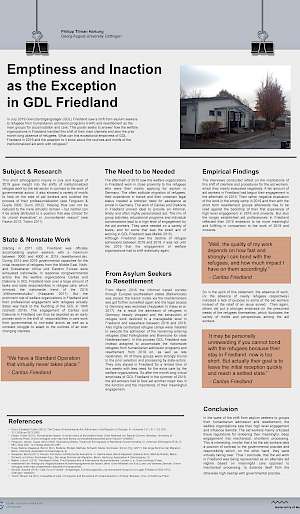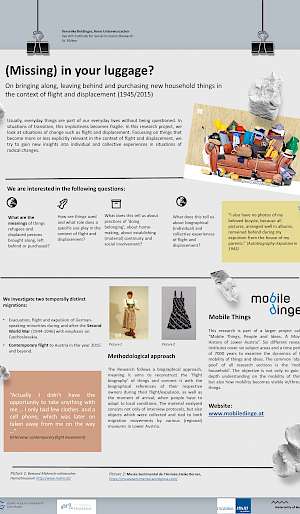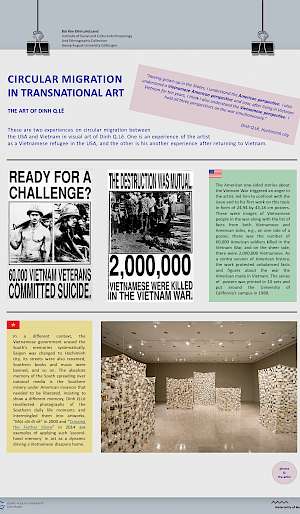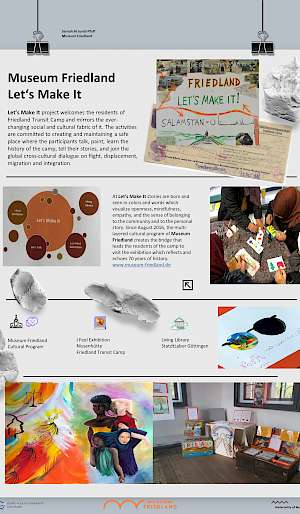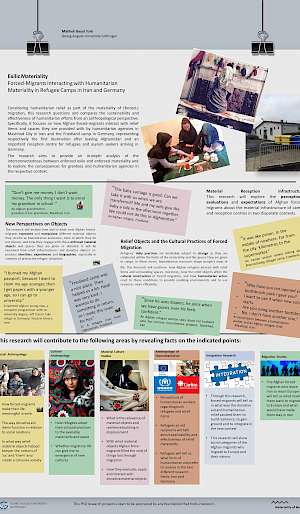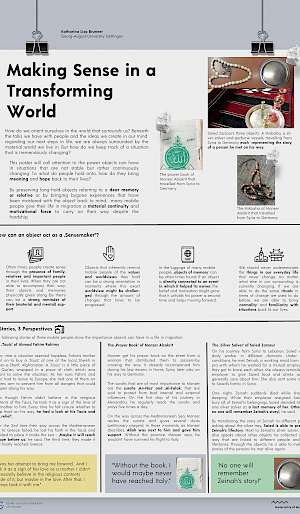Conference
“Materializing the Transient: Ethnographies and Museums in the Study of (Forced) Migration” Göttingen, May 14–16, 2020
Welcome to website of the conference “Materializing the Transient: Ethnographies and Museums in the Study of (Forced) Migration”. The event was hosted by the Department of Social and Cultural Anthropology of Göttingen University and Die Exponauten (Berlin-located exhibition agency), as part of the BMBF-funded research project “On the Materiality of (Forced) Migration.”
This webpage serves as the virtual platform of the conference. Below you find the recorded keynote lectures in the respective panel session, as well as the poster presentations of this inspiring event.
---
Thanks and Praises
We would like to express our sincere thanks to all of you who contributed to our digital conference “Materializing the Transient: Ethnographies and Museums in the Study of (Forced) Migration.”
Your keynotes, papers, poster, discussions, and comments made this an outstanding event in terms of exchanging over impressive empirical findings, theoretical considerations, and engaged curatorial projects.
Hosting such a fruitful dialogue between scholars from around the globe, despite all the current difficulties and constraints, was a great experience, and we are looking forward to continuing discussions in different formats.
Our special thanks go to "Neue Rituale" for their excellent web design, Friedlind Riedel for her creative figuration of the conference materials, and Anoush Masoudi for his great job regarding the project website and our social media campaign.
The conference organizing team
Panels
Conference Keynote
Georgina Ramsay
(University of Delaware)
Emotions
Maruška Svašek
(Queen’s University Belfast)
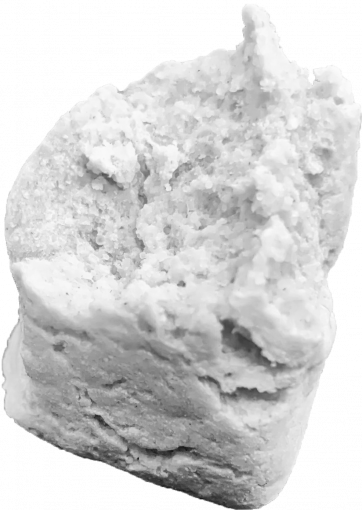
Methods
Marta Vilar Rosales
(University of Lisbon)
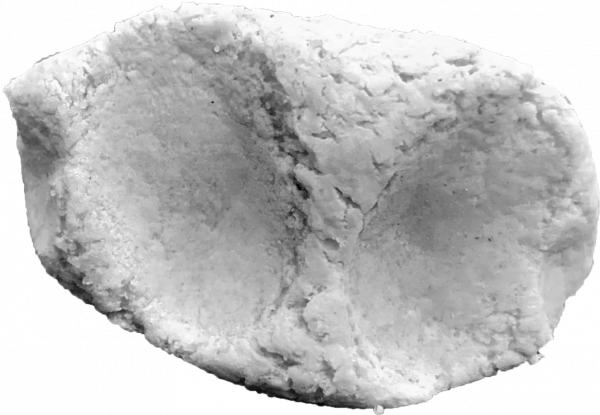
Representations
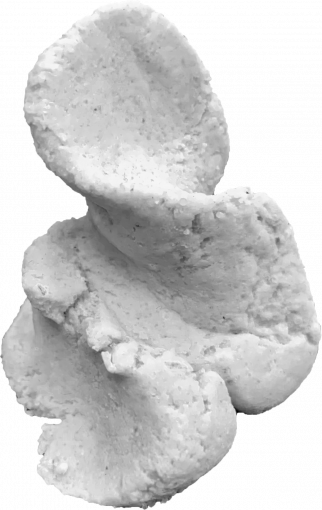
Camps
Simon Turner
(University of Kopenhagen)
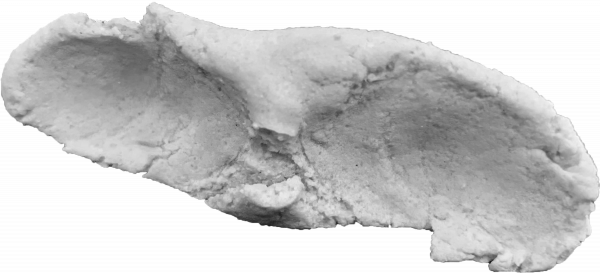
Concluding Session
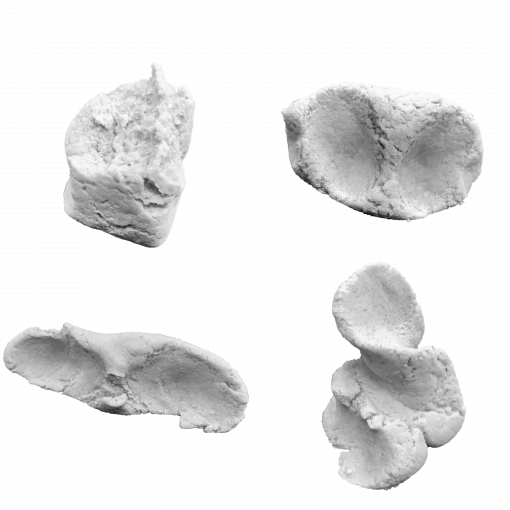
Poster Presentations
The posters give a brief insight into research projects and endeavors around the topic of material culture and (forced) migration beyond the regular presentations of this online conference.
The poster presentations are based on ongoing research conducted by postdoctoral researchers, PhD-candidates, and undergraduate students. Furthermore, on one poster, an employee of the Museum Friedland gives an impression of her work with refugees.
